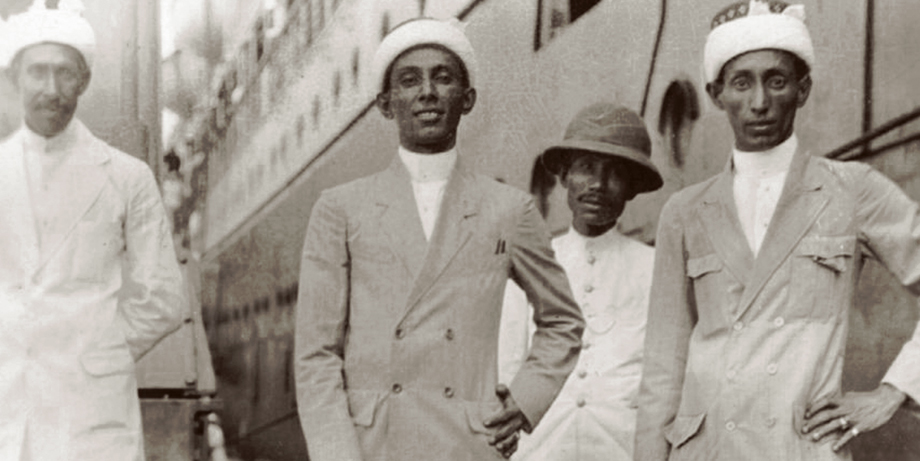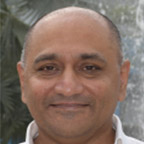
- 25 Jul 2018
[Arabia-Asia Cluster] Becoming Arab: Creole Histories and Modern Identity in the Malay World
Abstract
In Sumit Mandal’s book, Becoming Arab: Creole Histories and Modern Identity in the Malay World (Cambridge University Press, 2018), he uncovers the hybridity and transregional connections underlying modern Asian identities. This lecture and panel discussion marked the author’s first presentation about the book in Singapore where he discussed what prompted him to write it and its major findings. By considering Arabs in the Malay world under European rule, Becoming Arab explored how a long history of inter-Asian interaction was altered by nineteenth-century racial categorisation and control. It argued that the racialisation constrained but did not eliminate the fluid character of Arabness. Creole Arabs responded to the constraints by initiating transregional links with the Ottoman Empire and establishing modern social organisations, schools, and a press. Becoming Arab also cited contentions that emerged between organisations respectively based on Prophetic descent and egalitarianism, advancing empowering but conflicting representations of a modern Arab and Islamic identity. This landmark book can be ordered at the event at special discounted rates.
(Becoming Arab book launch in Singapore is a collaboration between the MEI Arabia-Asia Cluster and the Arab Association of Singapore – Al-Wehdah Al-Arabiyah bi Singhafura .)
About the Speakers

School of Politics, History and
International Relations
University of Nottingham (Malaysia)
Sumit Mandal is an Associate Professor at the School of Politics, History and International Relations at the University of Nottingham Malaysia. He works on transregional histories with a focus on cultural geographies of the Malay world. He is concerned with the ways in which cultural diversity and notions of insider/outsider are constituted. Mandal views the Malay world in terms of its connectedness to the Indian Ocean. His explorations of Malay texts, Muslim shrines (keramat), and creole Hadramis reveal sites of interaction that are meaningful on different scales – from the transregional to the local. He develops cultural geographies that depart from prevailing ethno-national terms to offer a complex and transregional vocabulary of belonging. His research interests extend to contemporary cultural politics where he studies sites of interaction in ethnicised contexts such as Malaysia and Indonesia.
Event Details
Blk B, 29 Heng Mui Keng Terrace
Singapore 119620





